A lasting legacy in immunization
When I began working here, we had seven staff members, including Ellen Wild and me. PHII emerged out of the RWJF-funded All Kids Count, the program that became instrumental in the development of immunization registries and integrated child health information systems. The strong AKC legacy of building a national community of practice around IIS established the foundation upon which PHII emerged. Years later, PHII continues to be a trusted partner in this field, providing training and technical assistance to IIS programs.
A collaborative methodology
As PHII evolved, we became known for our Collaborative Requirements Development Methodology™ (CRDM). Through the CRDM, PHII has assisted U.S. and global agencies in clearly documenting work processes and defining the requirements that outline how information systems should support that work.
We’ve successfully applied CRDM to projects such as Common Ground, which identified common work areas and requirements for addressing public health preparedness and chronic diseases. We also launched into a global application of CRDM with “Project Optimize”—the collaborative aspect of CRDM was designed to span the needs of multiple vertical programs for the diverse countries of Kenya, Rwanda, Senegal, and Vietnam and a blend of users. These fundamental principles of CRDM are core to PHII’s growing reputation as a vital resource to public health agencies looking to capture system requirements.
Bringing people together
One of PHII’s greatest assets is its role as a trusted and neutral convener. Early projects like Connections and LIMS linked together a dynamic community to exchange health information and enhance informatics knowledge. Today, we continue to bring people together from diverse organizations, including state and local health departments, partner associations, foundations and the federal government.
Building the skills of public health
PHII launched the Informatics Academy in 2010, with funding from the de Beaumont Foundation. We learned quickly that public health professionals found our trainings practical and useful for the field. The Academy has grown into a robust workforce development program offering a range of courses and trainings. The Academy also holds the potential to be a training platform for The Task Force for Global Health, which would project its impact throughout the world.
Expanding globally
 Our roots are in domestic health agencies, but we’ve been working globally since 2009. Our projects have improved supply chain optimization and health care workforce allocation in developing nations. Our largest and most complex global work is in a program called the Child Health Mortality and Prevention Surveillance (CHAMPS). Led by the Emory Global Health Institute, this program aims to increase understanding of how, where and why children are getting sick, enabling scientists and public health leaders around the world to take action.
Our roots are in domestic health agencies, but we’ve been working globally since 2009. Our projects have improved supply chain optimization and health care workforce allocation in developing nations. Our largest and most complex global work is in a program called the Child Health Mortality and Prevention Surveillance (CHAMPS). Led by the Emory Global Health Institute, this program aims to increase understanding of how, where and why children are getting sick, enabling scientists and public health leaders around the world to take action.
My colleagues continue to innovate and improve how public health functions. I’m looking forward to applying what I’ve learned at PHII and integrating these principles and methodologies into the larger organization of The Task Force for Global Health. I also look forward to witnessing the next era of PHII! I’ve been honored to work alongside such bright and passionate professionals for the last 16 years, and with Vivian now leading this talented team to help build the capacity of health organizations in the U.S. and around the world, I have no doubt that the next 16 years will blow the first 16 out of the water.


